There’s been lots of research popping up lately that explains how CBD oil can help with all kinds of health problems, including women’s health issues. Many women are turning to CBD oil to find relief from painful periods, endometriosis, and menopause symptoms – but does it work?
Dear Reader,
Let’s start with periods and PMS. There’s more research on cannabis for period relief and PMS, and not a lot on CBD oil specifically. Women using CBD oil to ease menstrual cramps are likely doing so thanks to the high volume of internet resources that claim it works. Unfortunately, there is no high-quality or even marginal research showing the benefits of CBD oil for period pain or PMS. CBD oil can, however, address symptoms that are often associated with PMS, like anxiety and depression. (1)
Want to go Paleo? Not sure where to start?
Start with this FREE Paleo For Beginners Guide Today!
While anxiety isn’t a women-only issue, it is significantly more prevalent in women than men (2) (24 percent versus 14 percent), especially when you consider that it’s associated with disorders like postpartum depression, PMS, hormone imbalances, thyroid disease (which occurs in women 7 out of 8 times), and menopause. CBD oil can help to reduce anxiety by decreasing activation in the areas of the brain that light up in response to anxiety stimulants. (3)
When it comes to endometriosis, a painful condition that involves growth of endometrial tissue outside of the uterus, CBD oil is self-reported as a significant self-care aspect of treating the pain
So while there’s no definitive research-backed answer about CBD oil for PMS, if it helps certain mood-related aspects of PMS, there’s potential that it could help others.
CBD oil is used for pain relief because it helps block compounds associated with pain sensations, so it’s not a far stretch to assume it could help with the pain of period cramps and back pain associated with menstruation. (4) Still, more research is needed to assess how CBD oil can be used for painful periods and PMS.
When it comes to endometriosis, a painful condition that involves growth of endometrial tissue outside of the uterus, CBD oil is self-reported as a significant self-care aspect of treating the pain. (5)
While organized studies are lacking, of the nearly 500 women surveyed, CBD oil was rated as being 6.33 out of 10 for effectiveness at addressing endometriosis-related pain. (6)
Menopause is another reason that women are turning to CBD oil.
Hot flashes, mood swings, and sleep disturbances are common when it comes to menopause and they can last for years, driving many women to find something to relieve the discomfort. CBD oil can provide relief for menopause via the endocannabinoid system, which has receptors throughout the female reproductive system. The endocannabinoid system involves numerous cells and receptors in the brain, organs, and tissues in the body. (7) Menopause disrupts the typical function of this system, resulting in symptoms like sleep problems and mood disorders. CBD oil acts on the endocannabinoid system to provide balance to the chemical messages being sent, leading many women to cite relief.
There are some women’s health issues where CBD oil isn’t a good idea, however, and fertility is one of them. Cannabis and THC, the psychoactive component of marijuana, inhibit ovulation and implantation, suppressing a woman’s ability to get pregnant. (8) CBD oil likely has a similar effect, since it is also a major component of cannabis. Most supplements are cautioned for use in pregnant women, and CBD oil is no exception. It’s not considered safe for breastfeeding, either. (9)
So how do you know if CBD oil is right for you?
Start by asking your doctor. Even though it’s not a prescription medication, and has no psychoactive properties, CBD oil can still interact with other medications or supplements that you’re taking. So, it’s best to make sure that both you and your doctor are well informed. If you have a specific reason for wanting to try it, like period pain or menopause, be sure to bring these details up with your doctor. You may find that there are other natural methods for addressing your symptoms that are backed by higher volumes of research.
Research shows that as much as 70% of CBD products sold online are mislabeled and don’t contain what they say they do.
Even so, many women are curious about CBD oil and for good reason, thanks to the high volume of interest it’s getting in recent months. You’ve probably noticed CBD-infused foods, drinks, creams, ointments and all sorts of other products. CBD oil itself has a strong flavor that some might consider unpalatable, which is why it’s often added to drinks, smoothies, or baked goods, to camouflage the flavor. The problem with eating CBD oil in foods, however, is that it’s hard to regulate the actual dose you’re taking in. Note, CBD oil has low oral bioavailability, meaning that it doesn’t necessarily absorb well via the digestive system. (10) If you do take it internally, taking it in supplement form will help to ensure that you’re getting a consistent dose each time, with more consistent results. You can also take CBD as oil drops that go under the tongue or inhaled as a vapor, both of which are quicker acting than edible or supplement forms or try it topically for pain and skin conditions.
The Side Effects
It’s important to know that CBD oil comes with a handful of mostly mild potential side effects, such as increased tiredness, fluctuations in weight, and intestinal irritation or diarrhea. (11) If you already deal with things like chronic fatigue, irritable bowel disease, gut problems, or you’re having trouble losing weight, you may not want to add CBD oil, as it could worsen your existing symptoms and make them harder to address.
Like most supplements, you probably won’t know for sure if CBD oil is right for you until you give it a try. Just be sure to work closely with your doctor to ensure it’s safe, and then choose a high-quality product so that you know exactly what you’re getting. Research shows that as much as 70 percent of CBD products sold online are mislabeled and don’t contain what they say they do. (12) The FDA doesn’t regulate CBD products, so you need to do your research on brands and production standards. Consumer Reports is a good place to start if you’re new to CBD products. (13)
CBD oil shows promise for many women’s health issues, but as exciting as it might seem, it’s not a magic pill.
More research is needed to establish what CBD oil can do, other effects, and who it may or may not be safe for. While there’s the potential for relief, it’s important to take in this relatively new remedy with a grain of salt and to trust your practitioner’s individualized advice over anything that you read on the internet.
Talk soon,
Aimee McNew, Certified Nutritionist, MNT
(Discover More: Does ACV Really Work for Eczema & Other Skin Conditions?)


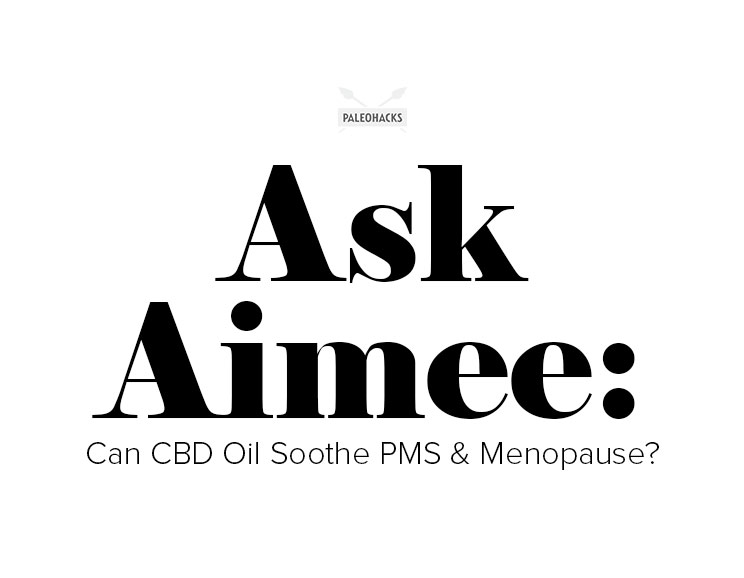
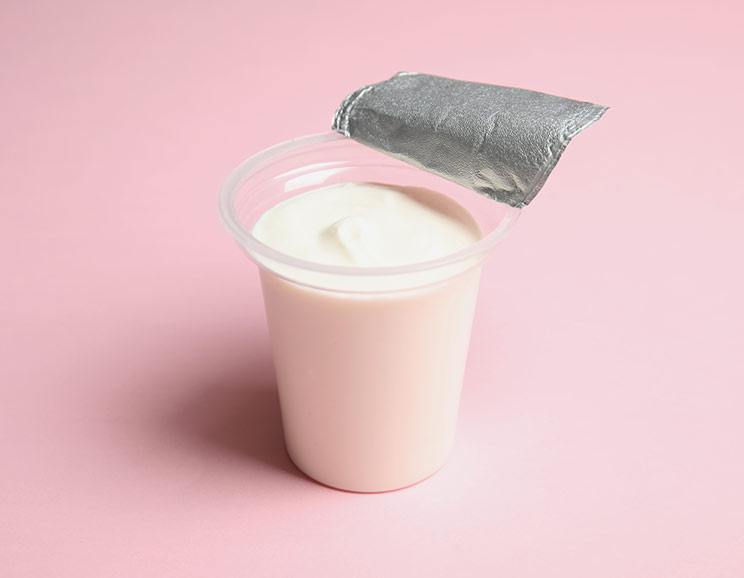 8 Surprising Foods High in Sugar (and What to Eat Instead)
8 Surprising Foods High in Sugar (and What to Eat Instead)

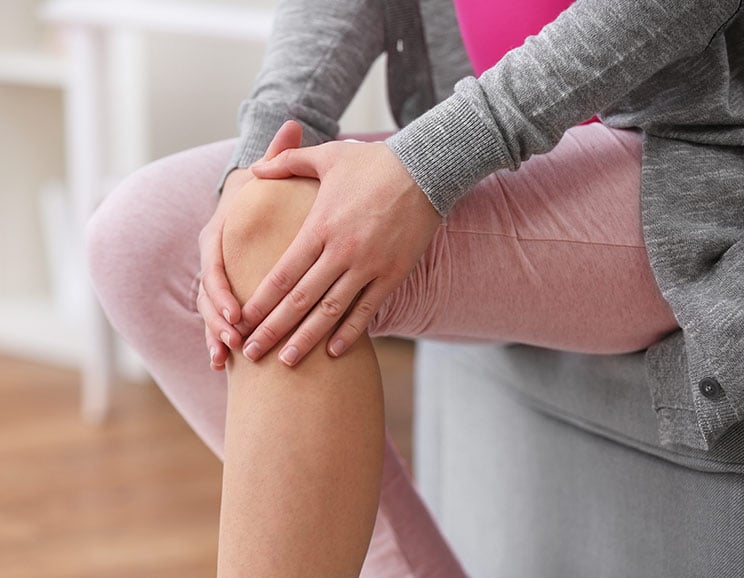
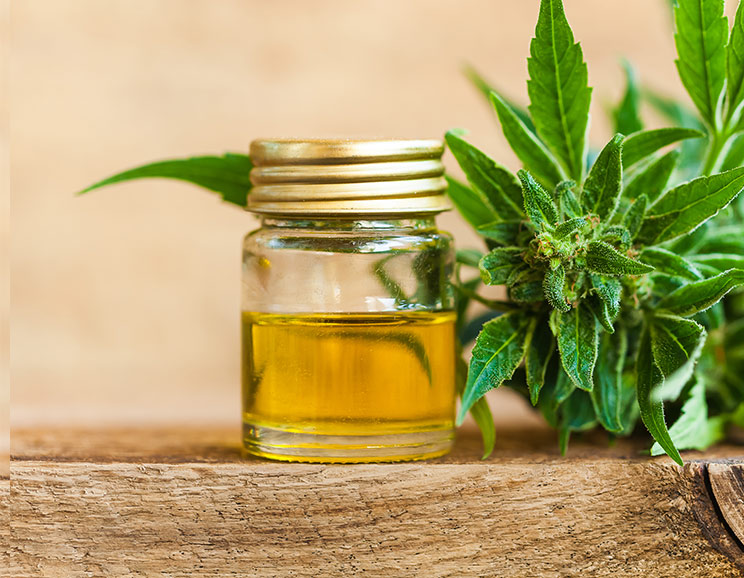
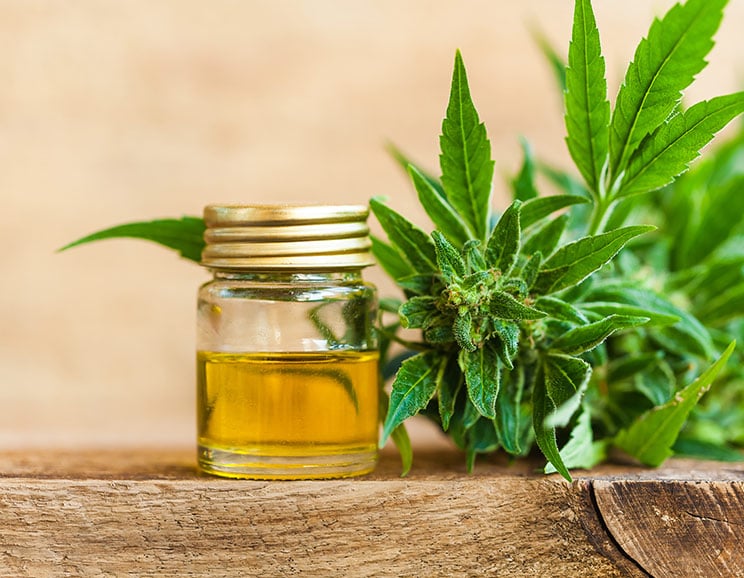
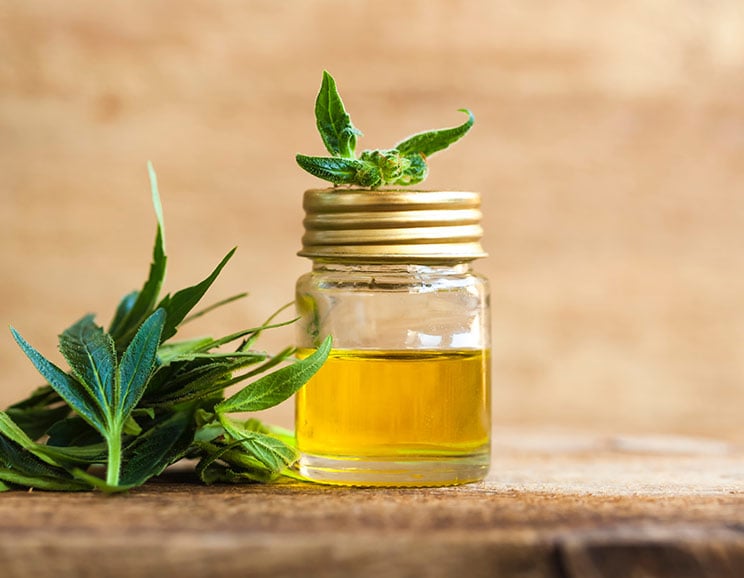
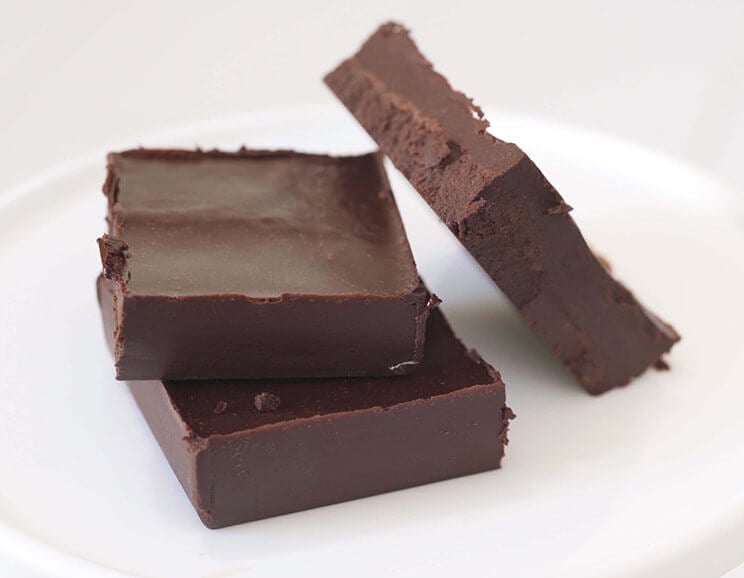


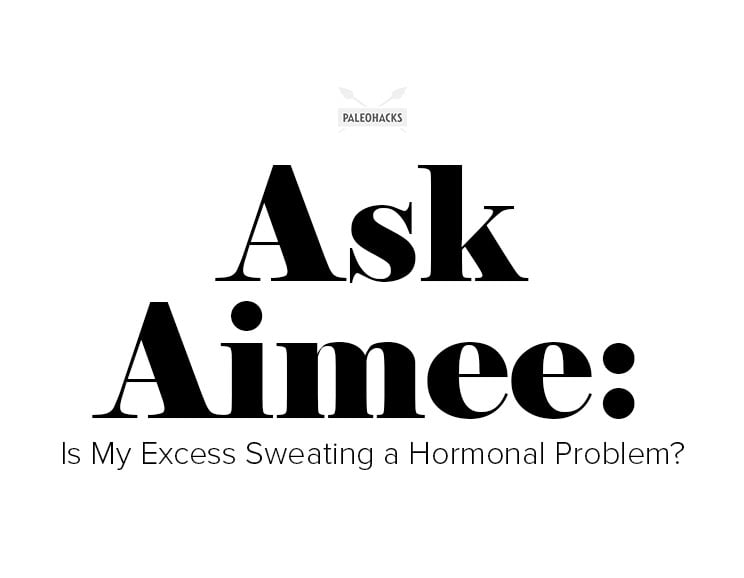
Show Comments